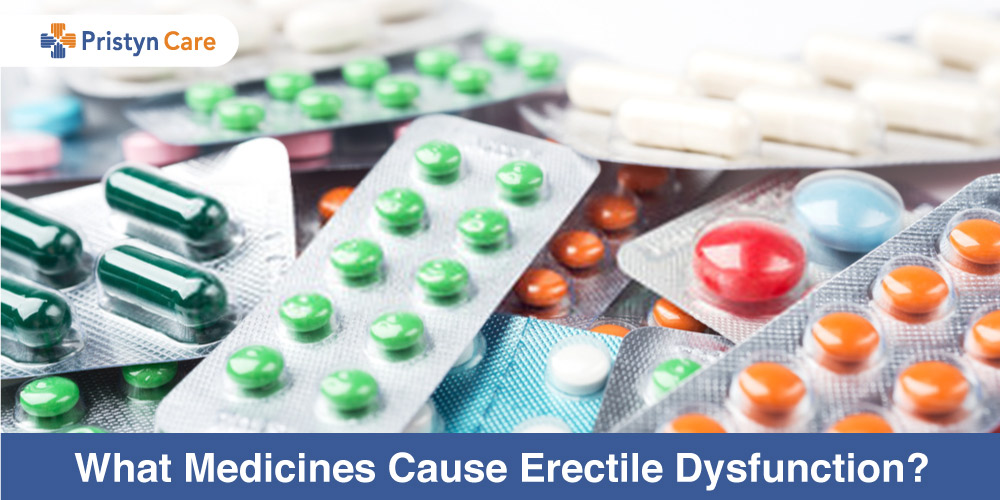Delayed ejaculation is usually self-evident, especially to those affected.
 In some cases, the man may feel as if he on the verge of climax but is unable to reach the point of ejaculation. At other times, there may be an erection but no sense of an approaching orgasm. The condition can range in severity, and symptoms can include:
able to ejaculate during intercourse but only under certain controlled conditions
cannot ejaculate during intercourse but can with oral sex or masturbation
can only ejaculate when alone
unable to ejaculate.
In some cases, the man may feel as if he on the verge of climax but is unable to reach the point of ejaculation. At other times, there may be an erection but no sense of an approaching orgasm. The condition can range in severity, and symptoms can include:
able to ejaculate during intercourse but only under certain controlled conditions
cannot ejaculate during intercourse but can with oral sex or masturbation
can only ejaculate when alone
unable to ejaculate.
Your primary care doctor is a good place to start when you have delayed ejaculation. See your doctor if: delayed ejaculation is an issue for you or your partner you have another known health problem that might be linked to delayed ejaculation, or you take medications that could be causing the problem you have other symptoms along with delayed ejaculation that might or might not seem related alcohol — particularly drinking too much (excessive alcohol use or alcoholism) physical causes of delayed ejaculation include: certain birth defects affecting the male reproductive system injury to the pelvic nerves that control orgasm certain infections, such as a urinary tract infection.
What causes delayed ejaculation?
Delayed ejaculation (de) is a condition where it takes an extended period of sexual stimulation for men to reach sexual climax and ejaculate. Some men with de are unable to ejaculate at all. Delayed ejaculation can be temporary or a lifelong problem.
 Possible causes of de include certain chronic health conditions, surgeries and medications, and treatment for it depends on the underlying cause. It’s normal for men to have delayed ejaculation from time to time and it is only a problem if it’s ongoing or causes stress for you or your partner. A physical exam and medical history are needed to be able to recommend treatment for delayed ejaculation, and pollock clinics is a good place to start.
Possible causes of de include certain chronic health conditions, surgeries and medications, and treatment for it depends on the underlying cause. It’s normal for men to have delayed ejaculation from time to time and it is only a problem if it’s ongoing or causes stress for you or your partner. A physical exam and medical history are needed to be able to recommend treatment for delayed ejaculation, and pollock clinics is a good place to start.
Alcohol or the use of certain recreational drugs can have an impact. Hormone changes, such as hypogonadism (low testosterone), can impact orgasms. Hyperprolactinemia , or excess prolactin, can have an effect. Prostate issues like prostatitis , or inflammation of the prostate gland, could be a factor. Nerve damage, including stroke , spinal cord injury, surgery, multiple sclerosis , and severe diabetes , can lead to atypical ejaculatory function. Increasing age can decrease the sensitivity of the penis to sexual stimulation. An acquired case is usually determined as having a psychological cause if it only happens in specific situations. For example, it is more likely that delayed ejaculation has a psychological basis if a man is able to ejaculate normally when masturbating but experiences a delay during sex with a partner.
Delayed ejaculation (male orgasmic disorder) is classed as either: experiencing a significant delay before ejaculation being unable to ejaculate at all, even though the man wants to and his erection is normal you may have delayed ejaculation if you're unable to ejaculate more than half the times you have sex.
How is delayed ejaculation diagnosed?
Delayed ejaculation is diagnosed if you take a long time to reach orgasm or do not reach orgasm at all, even though you want to and are trying, and you are upset or having relationship problems because of it.
Bupropion is an atypical antidepressant belonging to the chemical class of aminoketones. It is known as a da and norepinephrine (ne) reuptake inhibitor used as smoking cessation and antidepressant drug with a lower incidence of male sexual dysfunction. The rationale for using bupropion in de comes from the following observations: (i) it has been shown that chronic bupropion administration at high doses alters the function of the spinal generator for ejaculation (sge) in rats ( 24 ); (ii) bupropion produces concentration- dependent increases in the contractile response to nerve stimulation in the rat vas deferens and significantly increases the pressor response to noradrenaline suggesting facilitatory action of the ejaculatory reflex ( 25 ); (iii) in vitro bupropion increases by eight-fold the ne potency in inducing contractions of the epididymal duct from untreated rats.
The term delayed ejaculation (de) (also called retarded ejaculation, or inhibited ejaculation) has been used to describe “a marked delay in or inability to achieve ejaculation. The man reports difficulty or inability to ejaculate despite of the presence of adequate sexual stimulation and the desire to ejaculate” ( 1 ). In dsm-5 definition the condition must persist for a minimum duration of approximately six months with no specific duration of ejaculation latency. The condition is only a problem if it causes significant distress for the patient or his partner. In most cases, the diagnosis is made by self-report of the individual.

 ; the first clinical trial for gene therapy for parkinson's disease; the first indication of bone marrow's critical role in tumor growth; and, most recently, the world's first successful use of deep brain stimulation to treat a minimally conscious brain-injured patient.
; the first clinical trial for gene therapy for parkinson's disease; the first indication of bone marrow's critical role in tumor growth; and, most recently, the world's first successful use of deep brain stimulation to treat a minimally conscious brain-injured patient.